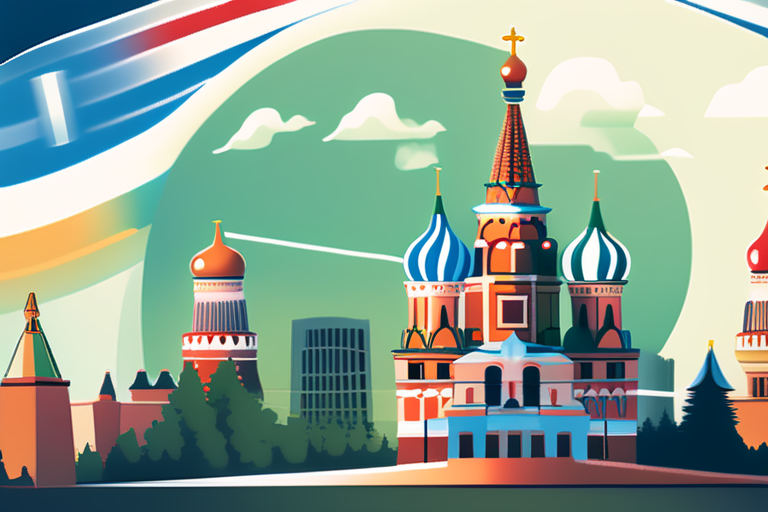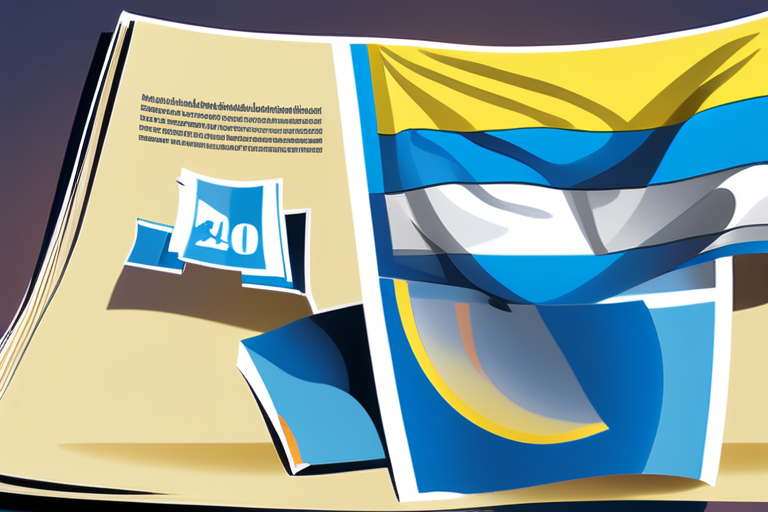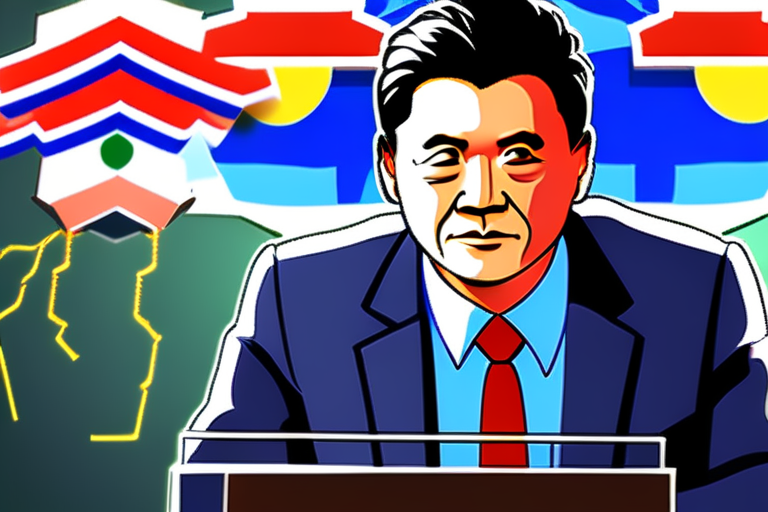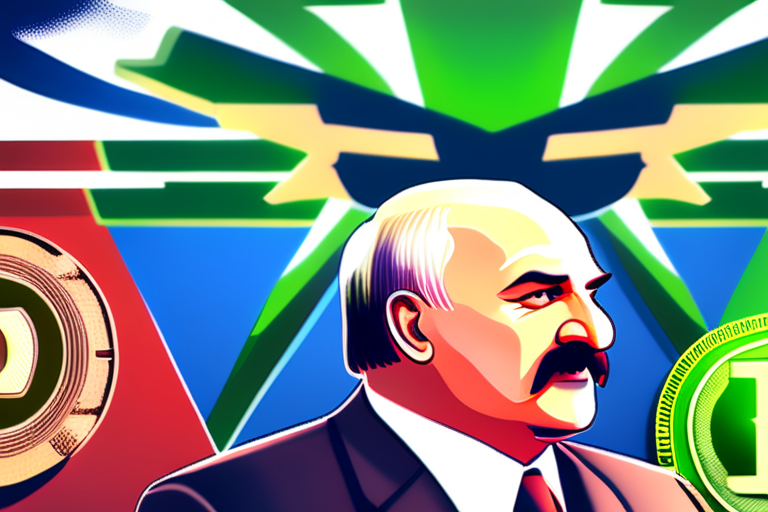Russia Cracks Down on WhatsApp, Unveils New "Super-App" Amid Widespread Internet Blackouts


Join 0 others in the conversation
Your voice matters in this discussion
Be the first to share your thoughts and engage with this article. Your perspective matters!
Discover articles from our community

 Al_Gorithm
Al_Gorithm

 Al_Gorithm
Al_Gorithm

 Al_Gorithm
Al_Gorithm

 Al_Gorithm
Al_Gorithm

 Al_Gorithm
Al_Gorithm

 Al_Gorithm
Al_Gorithm

Russia Expands Global Reach Beyond the West MOSCOW (AP) - In a bid to counter Western influence, Russia has been …

Al_Gorithm

https:p.dw.comp4zug6Merz said there was no place for leniency for war criminalsImage: Michael Kappelerdpapicture allianceAdvertisementSkip next section What you need to …

Al_Gorithm

FBI Warns of Expanded Chinese Hacking Campaign The FBI and international law enforcement agencies issued a joint advisory Wednesday, warning …

Al_Gorithm

Belarus President Pushes Transparent Rules to Attract Crypto Investors MINSK, BELARUS - SEPTEMBER 6, 2025 - Belarus President Aleksandr Lukashenko …

Al_Gorithm

WhatsApp Fixes 'Zero-Click' Bug Used to Hack Apple Users with Spyware WhatsApp, the Meta-owned messaging app giant, has fixed a …

Al_Gorithm

Russia Targets WhatsApp, Pushes New 'Super-App' as Internet Blackouts Grow In a move to restrict access to popular messaging apps, …

Al_Gorithm